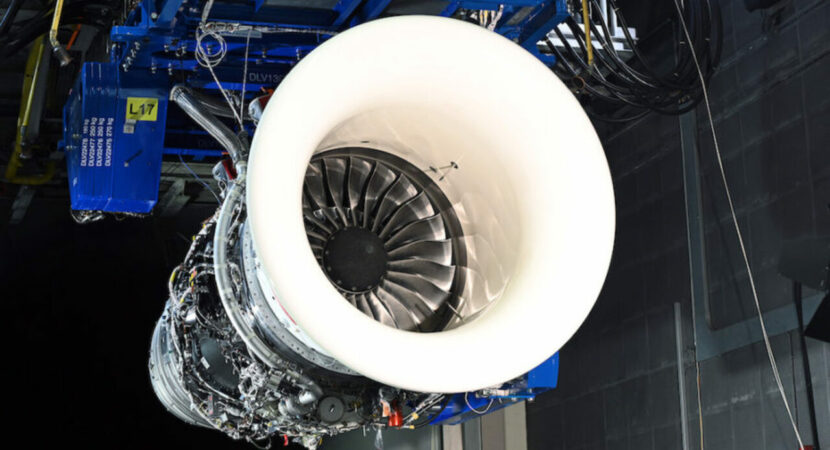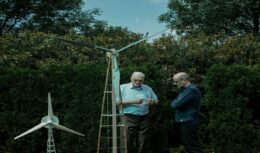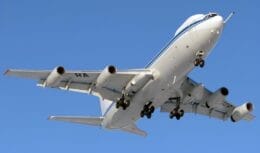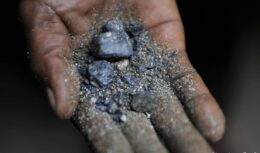
First study of the effects of using SAF - Sustainable aviation fuel was launched
This week, Airbus, Rolls-Royce and the fuel manufacturer NESTE launched the first study of 100% sustainable aviation fuel emissions, known as SAF (Sustainable Aviation Fuel), in a commercial passenger aircraft. The project Emission and Climate Impact of Alternative Fuels (Emissions and Climate Impacts of Alternative Fuels) studies the effects of using pure SAF on aircraft emissions and performance.
Read also
Airbus director explains sustainable fuel
“Currently, planes can only operate with a maximum mixture of 50% SAF and fossil kerosene; this partnership will make it possible to understand how gas turbine engines work using 100% sustainable fuel with a view to certification, in addition to identifying possible emission reductions and environmental benefits”, explains the director of the Airbus New Energy Program, Steven Le Moing .
Turbine tests began this week at Airbus facilities in Toulouse, France using an A350-900 with Rolls-Royce engines. It was the first flight to prove the operational compatibility of using pure sustainable fuel with the aircraft's systems. In-flight emissions tests and ground analyzes are also planned to measure particle emissions and determine the environmental impact of the use of SAF in airport operations.
International civil aviation already accounted for 2% of global CO2 emissions, before the covid-19 pandemic, which drastically reduced the number of flights.
Corsia, based on an international agreement, committed itself to emission-neutral growth targets starting in 2020, in a pilot and voluntary phase. As of 2027, emission reduction measures and targets will apply to all countries, and sustainable fuel will play a crucial role in this regard.
According to NESTE's vice-president for Europe, Jonathan Wood, the sustainable aviation fuel produced by the company reduces greenhouse gas emissions by up to 80% compared to the use of fossil fuels.
Commercial aircraft able to use biofuels by 2030
The group's initiative comes on the heels of a recent announcement by Boeing to ensure that all its commercial aircraft will be able to use 100% sustainable aviation fuels by 2030.
In January of this year, the American manufacturer announced that it had carried out flight tests replacing fossil kerosene with renewable, and committed to working with regulators to increase the allowed mixture limit.












Sources: Voices in my head.
Good morning, I am the owner of a Hyundai…
I have never exchanged to any country.…
Shooting someone who doesn't fight back is easy,...
The article is promotional for the Venezuelan government,…
There is no other correct direction, other than…
When GM removes these engines from…
They’re just going to take away the name Onix and…